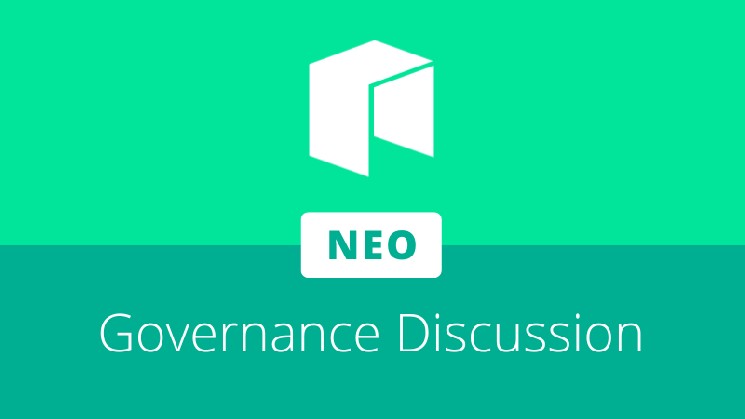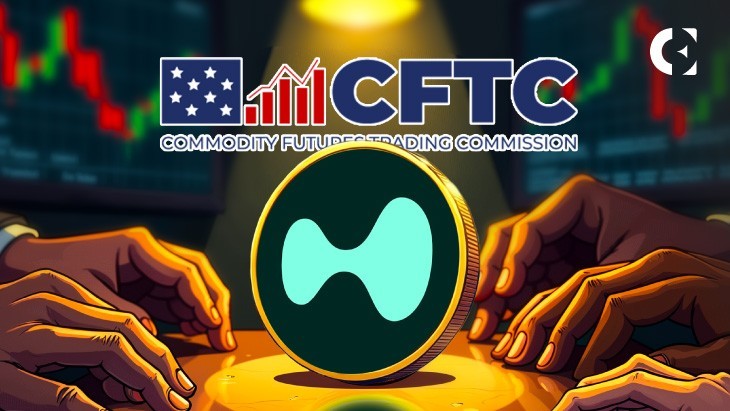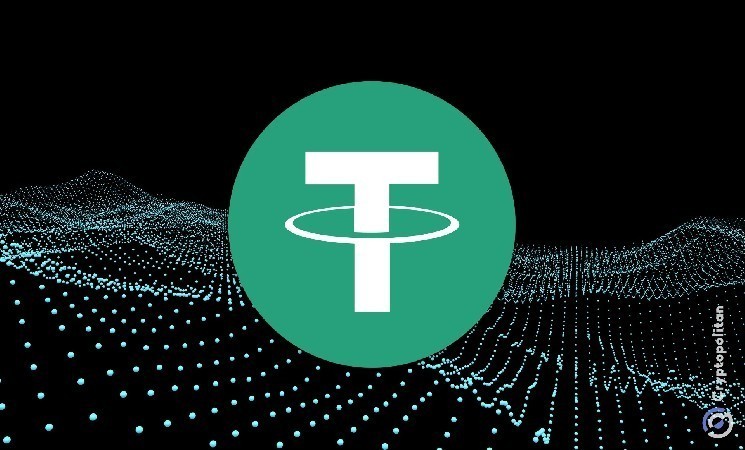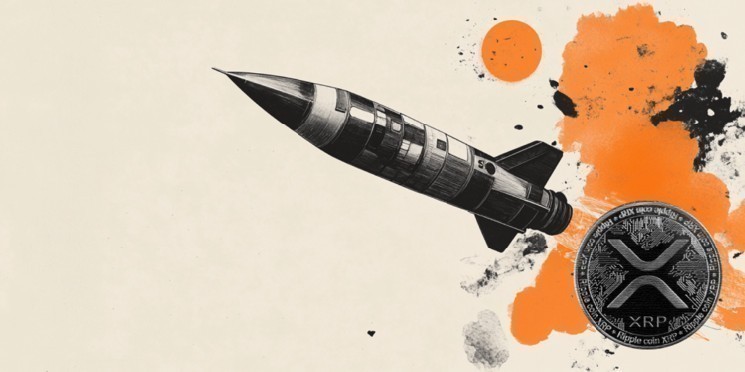COZ has introduced a proposal titled “Decoupling Council Rank From GAS Distribution,” aiming to modify the current GAS allocation system for NEO holders participating in Neo Council elections. The proposal, submitted by COZ CEO Tyler Adams, addresses concerns about voter incentives and Council member engagement raised during the recent Centre Point community meeting.
The motivation for the proposal is that it is currently very difficult for new members to join the Neo Council, and there is little threat of existing members being removed. This has led to concerns of stagnation within Neo community leadership, as well as a growing sentiment that resources could be better allocated to groups and projects more actively engaged in evangelizing and growing the Neo ecosystem.
Current GAS distribution mechanism
Under Neo’s governance mechanism, NEO holders use their tokens to vote in 21 nodes that serve on the Neo Council. The Neo Council’s task is to maintain the network’s health and liveness. Council members vote on issues impacting the state of the Neo network, such as blockchain parameters (i.e., fees) and electing other on-chain roles (i.e., oracle nodes, NeoFS ring nodes).
Currently, each new block generates 5 GAS tokens, distributed as follows:
- 10% to Neo Council members
- 80% to NEO holders who vote for elected Council members
- 10% to all NEO holders, regardless of voting activity
This structure means that voters supporting unelected candidates receive minimal GAS rewards, which can discourage votes for new or less prominent candidates.
At the time of writing, the lowest-ranked member of the Neo Council currently holds 714,272 votes. For a new candidate to join the Council, voters would need to be willing to sacrifice their own GAS rewards in order to help that candidate reach the necessary threshold — for however long it takes. Because such a large amount of NEO is required to reach that threshold, there’s no guarantee it will ever be achieved.
As a result, it becomes effectively impossible to vote in a new candidate to the Neo Council without the support of whale-like entity— and there is no meaningful threat to the existing 21 members of being voted out.
Proposal objectives
The primary goal of the proposal is to realign GAS incentives to encourage broader participation and reduce Neo Council member complacency. Adams notes that the current system relies on entities like Neo Global Development and the Neo Foundation for protocol changes.
By decoupling GAS rewards from Council member rank, the proposal is aimed at:
- Encouraging votes for a wider range of candidates
- Promoting active governance participation
- Enhancing the dynamism and responsiveness of the Neo Council
Community engagement
The proposal is open for discussion on GitHub, and community members are encouraged to participate by providing feedback or endorsing ideas. This collaborative approach is intended to refine the proposal through collective input.
Interested readers can join the conversation at the below thread:














Leave a Reply